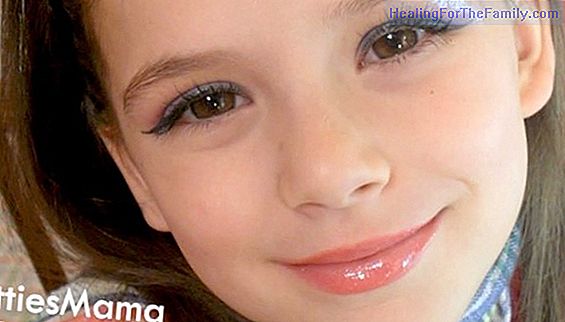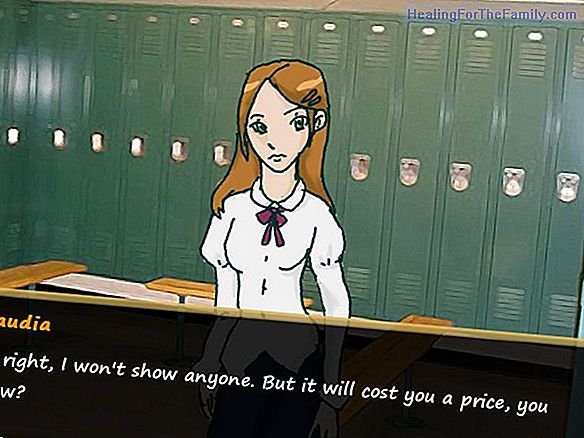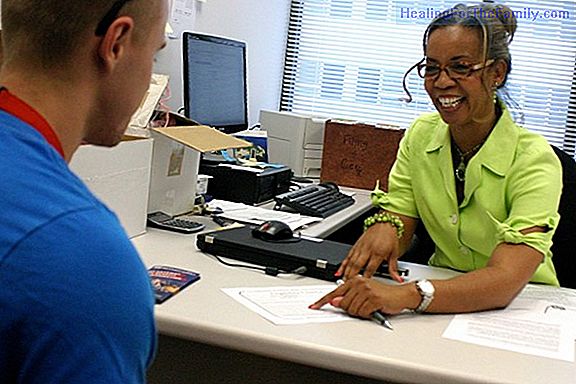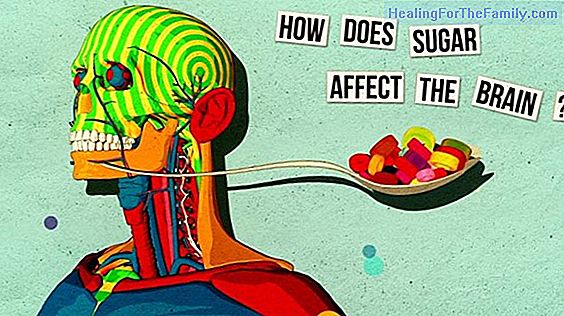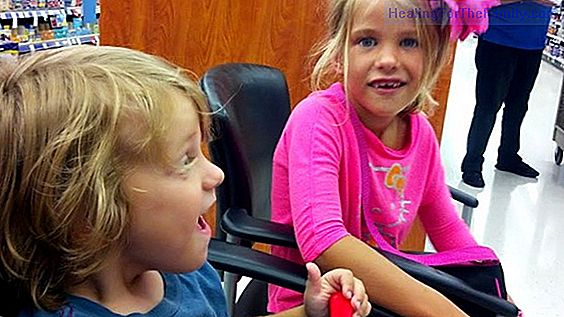Gratitude. How to educate children in values
Gratitude is one of the values most appreciated and respected when it comes to educating children. Learning to thank or thank brings well-being and recognition to children . Like all the other values, it is taught to give thanks with the example, modeling for the children our own actions of thanks
gratitude is one of the values most appreciated and respected when it comes to educating children. Learning to thank or thank brings well-being and recognition to children. Like all the other values, it is taught to give thanks with the example, modeling for the children our own actions of thanksgiving. Grateful and considerate parents will raise grateful and considerate children.
10 tips to teach gratitude to children

You can teach and practice gratitude in different ways and at different times of the day. When it comes to educating your child in gratitude, it is important that you consider how old he is. Here are some tips:
1- Keep in mind that children under 2 years old do not understand what is the meaning of giving thanks. They can say "thank you", but it will be more like a repetition of what you ask of what he really feels.
2- After 2 or 3 years, children already have a broader concept of gratitude. Let's take this opportunity to teach them that the act of thanking is free and that when we thank, we should not expect anything in return.
3- The example of both parents and educators is fundamental when it comes to instilling this value in children. The best teacher to teach gratitude to your children is you.
4- Children should learn to give thanks not only for the material, but also for some gesture they have had with them. Thank you for reaching out, for letting me pass, for calling me, for having prepared breakfast, lunch or dinner, etc.
5- Children should be taught to thank for small things or actions. Also to be grateful to themselves, for small efforts such as making the bed, making the backpack, doing homework, etc. Apart from that, we can also teach them to give thanks for the good bed they have, for their family, brothers, for their school, teacher, friends ... That will teach them to value everything they have.
6- In school, it is very important that educators recognize the effort of the children, thanking them sometimes.
7- Give thanks to the positive things that happen to them, encourage children to always do good. We must teach a child to be grateful not only with words but also with details, gestures, smiles, kisses and hugs ...
8- At dinner time, a good exercise is to chat with the children and ask them what has been the moment of the day for what you would most like to thank.
9- Another idea is to give the children responsibilities such as pick up their toys or help you set the table, so that they feel valued when we thank them.
10- Another suggestion would be to teach the children to elaborate thank you cards at their birthday party, for the presence of each friend. It could be a drawing or a simple message of thanks.




